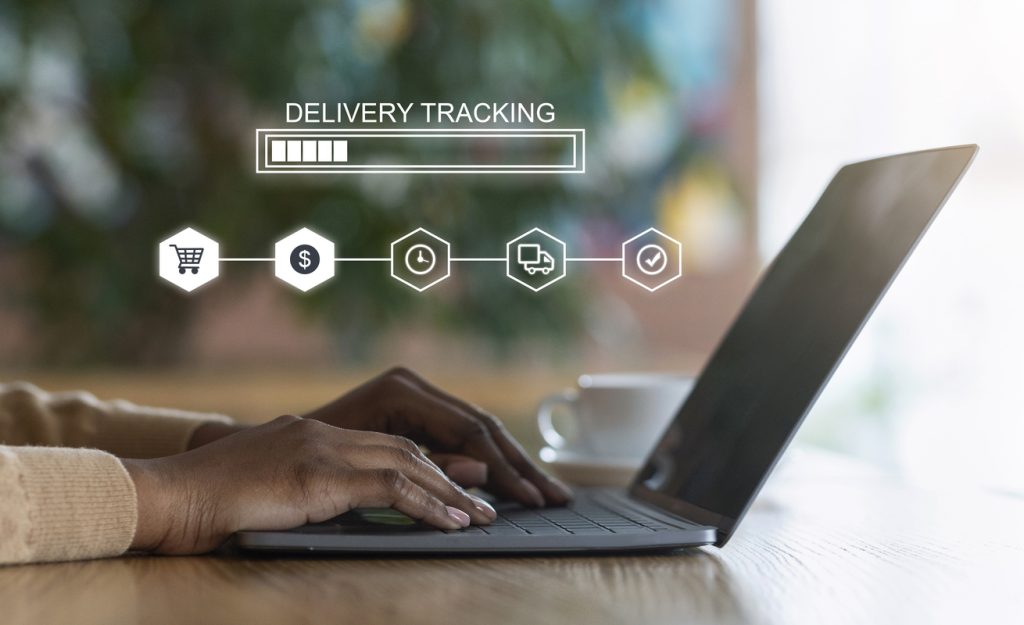Introduction
In Nigeria’s complex logistics ecosystem, real-time cargo tracking is essential for businesses that need full visibility over road, sea, and air shipments. Whether you’re shipping containers to Lagos or urgent parcels across the country, monitoring your cargo every step of the way helps prevent delays, mitigate theft, and boost customer confidence.
1. Why Real-Time Tracking Matters in Nigeria
- Reduce theft & diversion: GPS and geofencing prevent unauthorised route changes.
- Monitor high-value or sensitive goods: Features like shock sensors, temperature/humidity monitoring ensure integrity bscafrica.net+6wigmoretrading.com+6Cargoburg Logistics Limited+6Wikipedia+4Kashgain+4Cargoburg Logistics Limited+4.
- Improve planning & transparency: Know your ETA, trigger alerts and share real-time updates with customers or partners Cargoburg Logistics Limitedwigmoretrading.com.
- Compliance & export visibility: New oil-export rules require real-time cargo tracking to curb revenue loss and under‑declaration trackthispackage.com+15Reuters+15Online Courier Tracking+15.
2. Leading Providers of Real-Time Freight Tracking in Nigeria
Cargoburg Logistics Limited
- Provides 24/7 real-time GPS tracking across air, sea, road freight.
- Advanced features include temperature control, shock/vibration alerts, ETA updates, route analytics.
- Accessible via web portal, mobile app, SMS/email alerts, and API integration for enterprises Cargoburg Logistics LimitedCargoburg Logistics Limited.
Kobo360
- A tech-driven Nigerian platform connecting cargo owners with truck operators.
- Offers live truck tracking, route transparency, pricing, and digital invoicing via app trackthispackage.com+15Kashgain+15cargohub.ng+15.
GIG Logistics (GIGL)
- Provides GPS-based tracking for ground shipments via its GIGGo app.
- Real-time visibility for last-mile delivery and e‑commerce logistics across Nigeria and Ghana Parcel Monitor+3Wikipedia+3bscafrica.net+3.
Other Noteworthy Tools
- Tramigo Nigeria: Offers fleet GPS devices for heavy trucks, with multi-network connectivity and alerts suitable for logistics operations Tramigo.
- BSC Africa (Nigeria CTN): Supports Electronic Cargo Tracking Notes (CTN/ECTN) systems to monitor container movements and customs compliance wigmoretrading.com+2bscafrica.net+2Wikipedia+2.
3. Tracking Solutions for Conventional Couriers & Postal Services
- Nigerian Post (NiPost / EMS Nigeria) offers parcel tracking portals and APIs that update statuses in real time—estimated delivery is 24–48 hours local, or 3–6 business days for international items Reuters+1517TRACK+154tracking.net+15.
- Aggregators like Parcel Monitor, TrackingMore, Parcel App allow tracking across 500+ local/international couriers using a simple tracking number. You get email or push-notification updates on status changes instantly Parcel Plus+2Parcel Monitor+2trackingmore.com+2.
4. Essential Tracking Features to Look For
| Feature | Benefit |
|---|---|
| GPS & real-time updates | Live location of trucks or containers |
| Geofencing alerts | Notifications if shipment deviates from assigned route |
| Condition sensors | Monitor temperature, humidity, shocks, tampering |
| ETA & route history | Precision planning and performance analysis |
| Integration tools | APIs, web portal & mobile access for clients |
5. How to Set Up Real-Time Cargo Tracking 🚛
- Choose a provider (e.g., Cargoburg, Kobo360) based on your route and cargo type.
- Install hardware or onboard app if needed (e.g., Tramigo device or Kobo360 app).
- Register your shipment and secure a tracking number or CTN code.
- Track via dashboard or notifications; leverage web portal, SMS, email, or API.
- Ensure compliance & alerts: Set geofence zones, monitor delays, handle alerts proactively.
6. Best Practices for Shippers in Nigeria
- Use multi-layer tracking: GPS, shock, temperature sensors.
- Pick multi-modal tracking platforms if you ship via more than one transport method.
- Implement customer notifications and alert triggers for delays.
- Ensure all document tracking codes (e.g., CTN for exports) are recorded and linked.
- Regularly review delivery time metrics and route deviations, especially during rainy seasons when road conditions fluctuate.
🚀 Final Thoughts
Real-time cargo tracking in Nigeria transforms logistics management—offering enhanced visibility, faster response to disruptions, and stronger accountability. Whether you’re shipping locally with GIG Logistics or managing large-scale exports via Cargoburg or Kobo360, leveraging modern tracking tech ensures efficiency and peace of mind. Travo.ng can integrate these solutions to provide seamless, tech-forward logistics experiences to your clients.
Need help integrating GPS tracking into your haulage services or connecting with a tracking API? Just let me know—I can craft tailored guides or integration strategies for Travo Nigeria.







